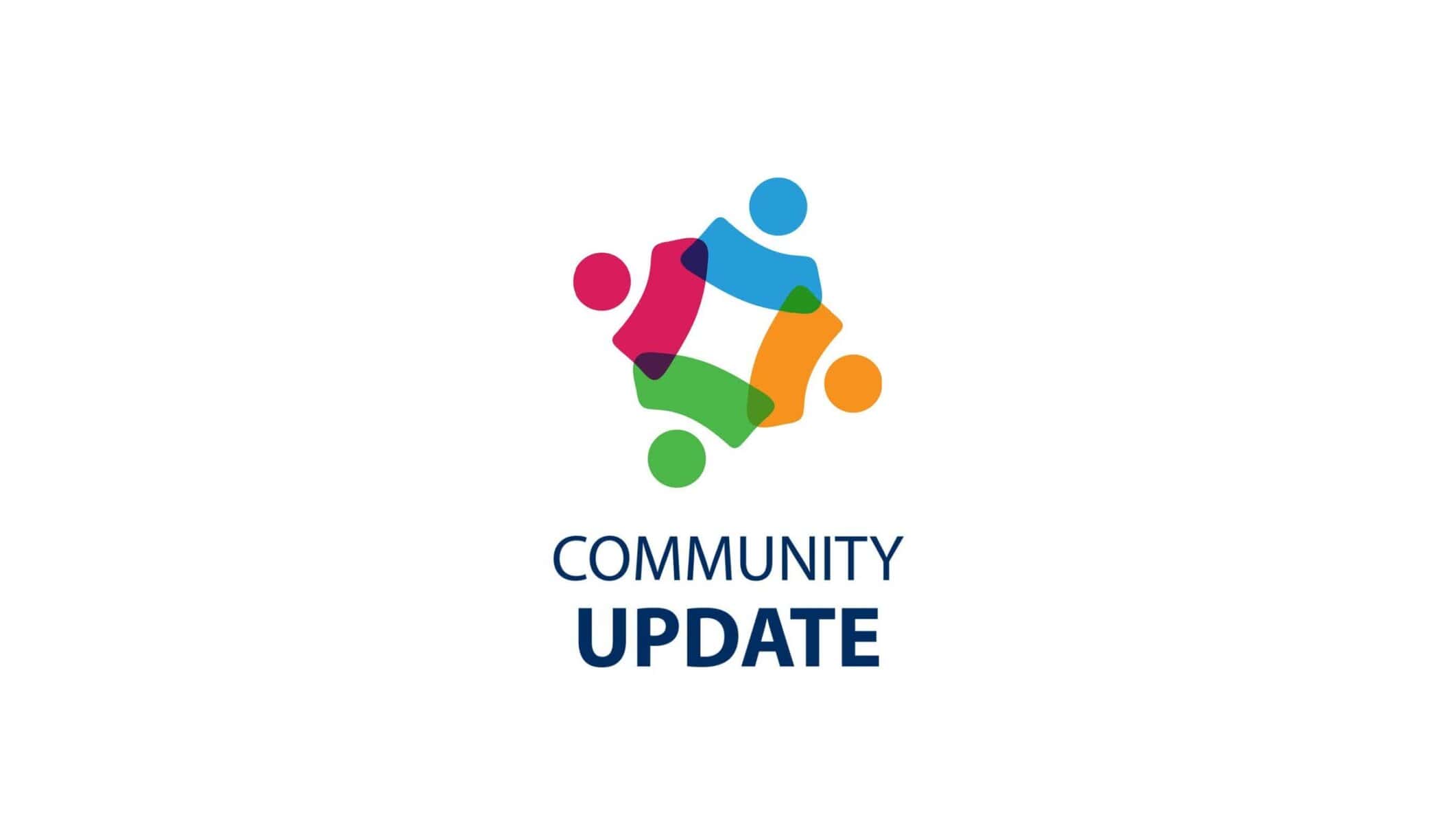Financial Freedom
 Here are some good financial habits to keep you debt-free.
Here are some good financial habits to keep you debt-free.
• Be mindful of spending. Whether you want to lower your debt or pay it off, it’s crucial to be conscious of spending. Track expenses to see where your money is going.
• Create and stick to a budget. Create a realistic budget that includes all of your normal monthly expenses. Remember any additional payments you plan to make toward paying down your debt.
• Pay off one debt at a time. You may be in a hurry to pay off your debt, but focus on paying down one debt at a time until it is paid off completely. This will keep you motivated to to tackle your debt in a sustainable way.
• Continue building your emergency savings. While you’re paying down your debt, continue to save money in your emergency fund. Make sure the amount you set aside allows you to comfortably stay on track with your total spending (include as a line item in budget and treat it as another expense).
• Keep contributing to your retirement. If money is tight, consider only temporarily reducing your contribution and look for additional ways to make budget cuts. Make it a goal to increase your retirement funding as soon as you’re able.
How to create a budget. A budget will allow you to plan your spending each month based on your income and current expenses. It provides insight about your spending habits and may motivate you to make changes to provide for future spending.
• Gather all of your financial statements together, including bank and investment statements, utilities, etc.
• List all of your fixed expenses (e.g., debt payments, mortgage/rent, utilities)—the expenses you have to pay each month.
• List all of your irregular expenses (e.g., car maintenance, insurance if paid annually)—expenses due throughout the year.
• List your discretionary expenses (e.g., the daily coffee run).
• A, B, C your expenses. A’s are needs, B’s are needs you can be more efficient with and C’s are wants.
• Total expenses and compare them to net income. If expenses are more than your income, review B and C and find ways to reduce your spending. If expenses are less than your income, kudos! Continue to find ways to save on B and C expenses. This will give you more money to invest or save.
• Track actual income versus expenses and review monthly. You’ll see how well you’re doing, which may make you more motivated to keep up the good work!
Reward yourself for sticking to your budget, but don’t go overboard and ruin everything you’ve accomplished. Be the little engine that could.
Until next week….
Jill Santandrea, Broker Manager, EXIT Homestead Realty Professionals LLC, 1070 E Chestnut Ave, Vineland, NJ 08360; 856-692-EXIT; Cell: 856-362-0967; Direct: 888-856-5455; TheJillTeam.com; E-mail: [email protected]; Text JillS to 85377 for my mobile business card. Listen to Jill on 99.9FM SNJ Radio Today. Source: 2019 Buffini & Company








